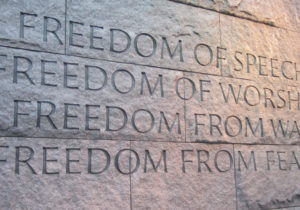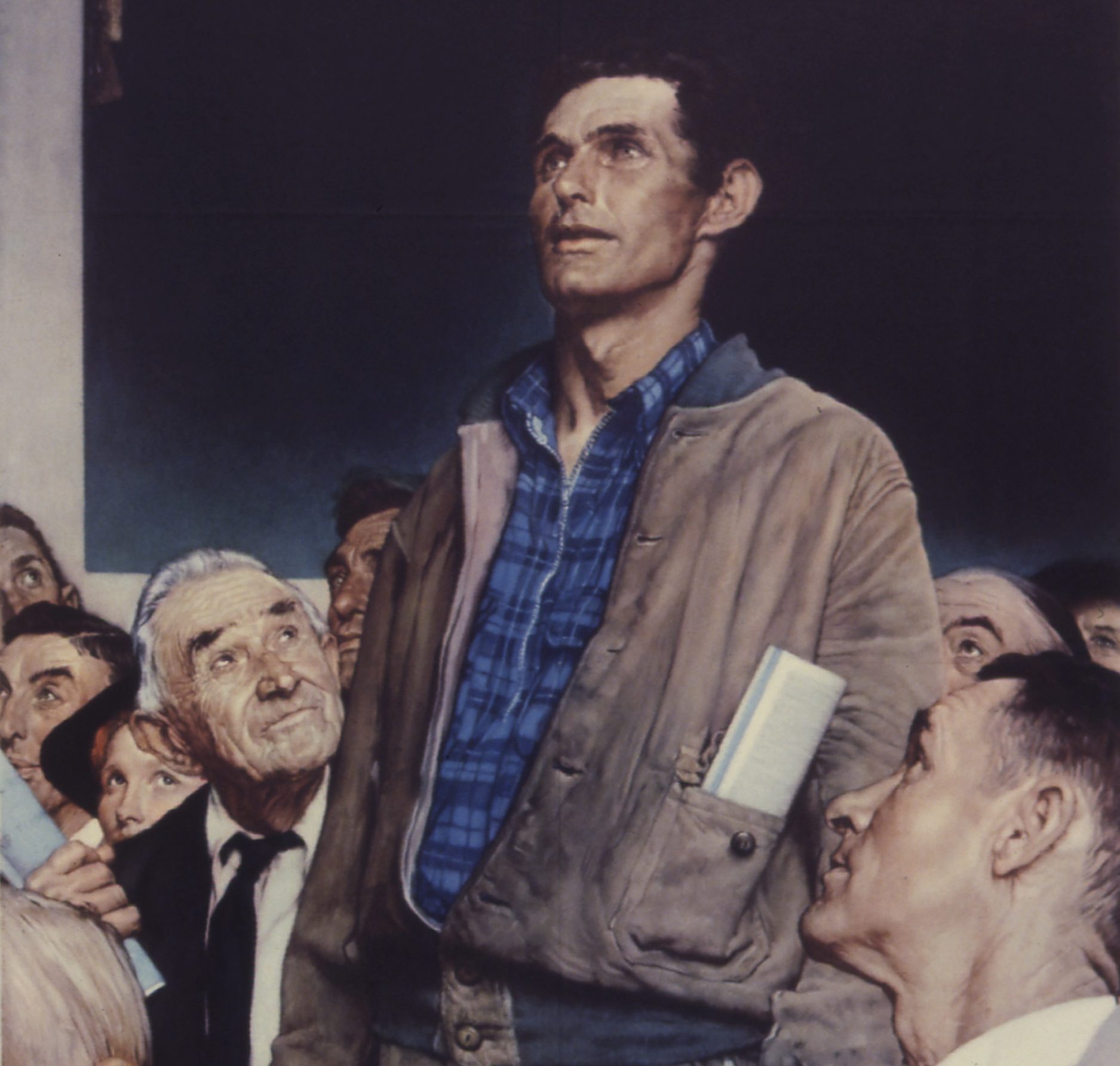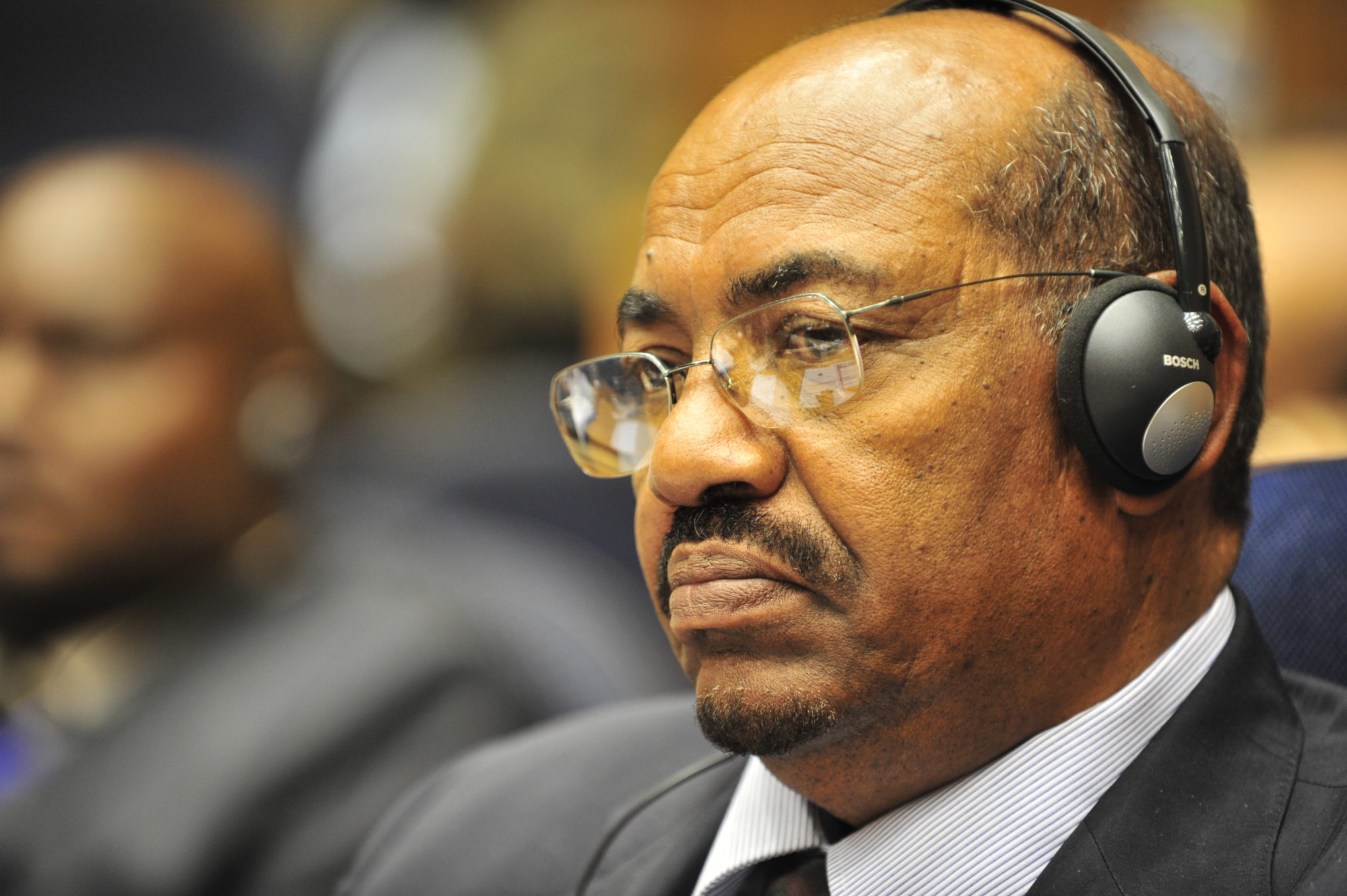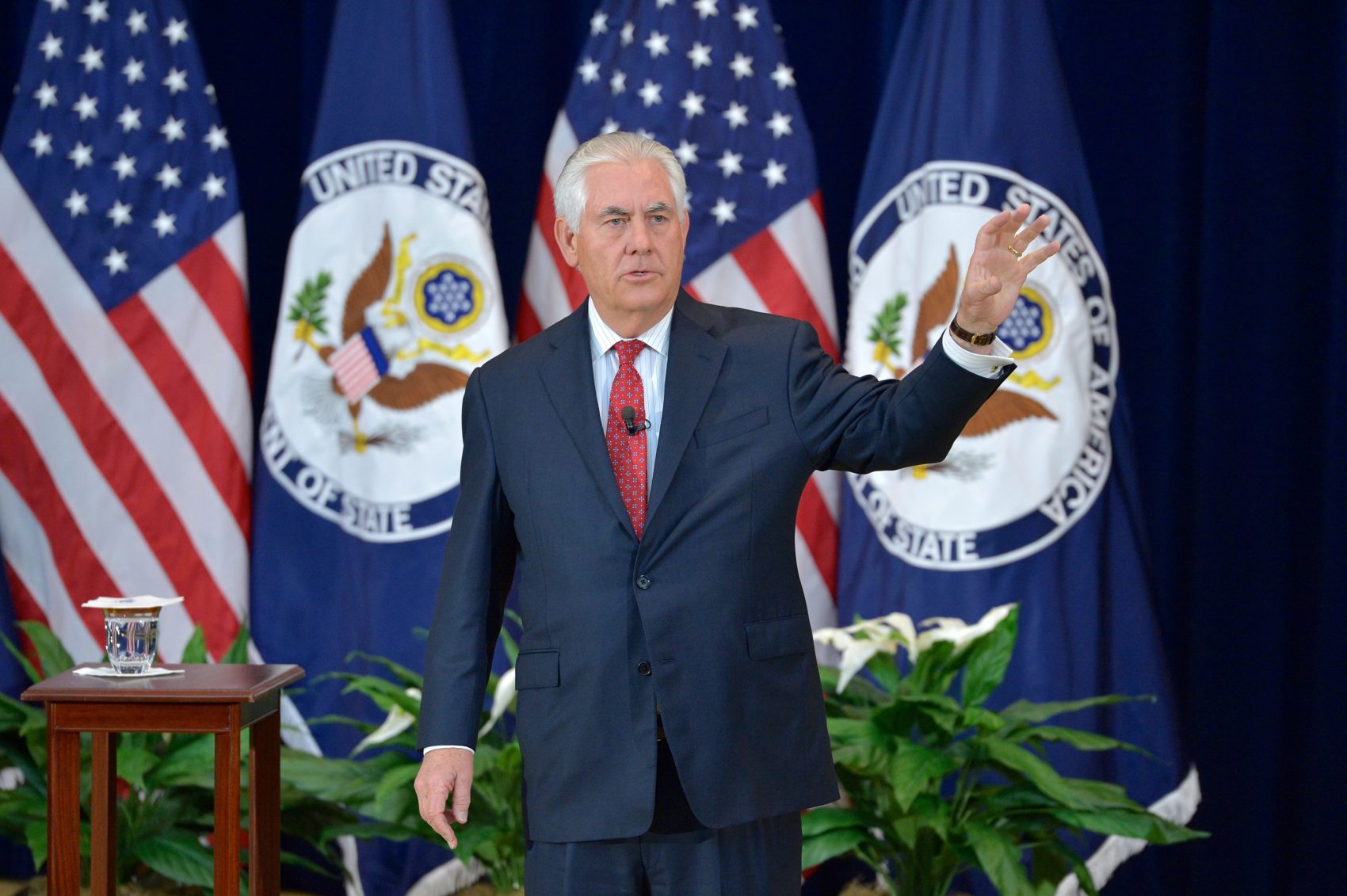Reaffirming the Four Freedoms
President Roosevelt first enunciated the Four Freedoms in an evening session with his speechwriters. He made them the peroration of his message to Congress and wove them into the Atlantic Charter and the United Nations Charter. They have constituted the basis of American foreign policy ever since. Now is the time to reaffirm them.
Richard Allen HydeMarch 11, 2022
The Return to Liberal Internationalism: A Review of Ikenberry’s A World Safe for Democracy
In his book “A World Safe for Democracy,” John Ikenberry writes an impassioned defense of liberal internationalism and the international order it helped to create.
Justin RoyFebruary 5, 2021
Making the Case for Democracy: Part 3 of the Decline of Democracy Series
When the forces of tyranny were far stronger and the world’s roster of democracies far smaller, President Reagan argued that “we must take actions to assist the campaign for democracy.” America took those actions in the twentieth century; it should do no less in the twenty-first.
Alan DowdFebruary 8, 2019
Some Soils and Seeds of Isolationism
Isolation may be impractical, but its appeal is very understandable. In this article, originally published on June 14, 1943, in Christianity and Crisis, Charles Gilkey presents six influences upon this school of thought, and emphasizes the importance of giving primacy to the opinion of returning veterans in defining future U.S. foreign policy.
Christianity & Crisis MagazineMay 4, 2018
Trump Should Reverse Obama’s Lifting of Sudan Sanctions
Despite continued violence in Sudan and the disapproval of senior members of Congress, last January President Obama signed an executive order lifting Sudan sanctions on a probationary basis.
Andrew LarsenJuly 5, 2017
Frontlines or Sidelines for America’s Values?
After reading Secretary Tillerson’s recent address, which tried to explain how “this administration’s policies of ‘America first’ fit into our foreign policy,” I am struck not so much by Tillerson’s attempt to decouple American interests and ideals, but by the chasm separating this speech from one given more than 75 years ago.
Alan DowdMay 16, 2017






